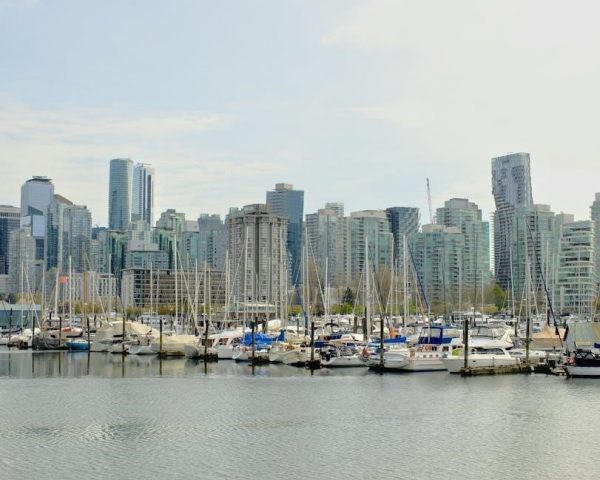Washington State offers premier guided duck hunting experiences, with its diverse wetlands and coastal regions attracting waterfowl enthusiasts. Experienced guides provide expert knowledge, ensuring memorable hunts. Conservation efforts and sustainable practices are emphasized to protect wildlife habitats for future generations.
1.1 Overview of Washington State’s Waterfowl Hunting Opportunities
Washington State is renowned for its exceptional waterfowl hunting opportunities, offering a diverse range of habitats that attract numerous duck and goose species. The state’s wetlands, coastal areas, and agricultural regions provide ideal conditions for waterfowl, making it a prime destination for hunters. Key regions include the Puget Sound, Skagit Valley, and the Olympic Peninsula, each known for their abundant wildlife and scenic beauty. Hunters can expect to encounter species such as mallards, pintails, and harlequin ducks, among others.
The state’s waterfowl hunting opportunities are further enhanced by its conservation efforts, ensuring sustainable hunting practices. Guided duck hunts in Washington often focus on ethical hunting methods, emphasizing the importance of habitat preservation and wildlife stewardship. With its rich biodiversity and well-managed hunting programs, Washington State continues to be a top choice for both experienced hunters and newcomers to the sport.
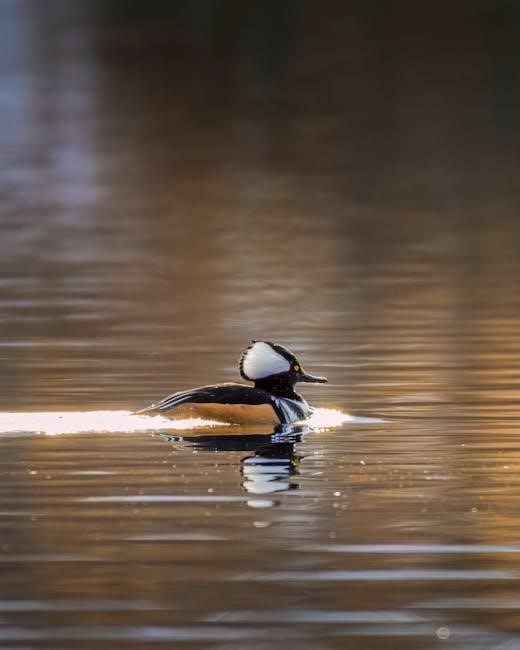
Best Locations for Duck Hunting in Washington
Washington’s Puget Sound, Skagit Valley, and Olympic Peninsula are prime duck hunting locations. These regions boast abundant wetlands and waterfowl, attracting hunters statewide. The Columbia Basin also offers excellent opportunities, with its diverse habitats supporting various duck species throughout the season.
2.1 Top Regions for Waterfowl Hunting
Washington State is renowned for its exceptional waterfowl hunting opportunities, with several key regions standing out as hotspots for duck enthusiasts. The Puget Sound area, including regions like Skagit Valley and Bellingham Bay, is a magnet for migratory waterfowl, offering abundant opportunities to hunt species such as mallards, wigeons, and pintails.
The Olympic Peninsula is another prime location, with its vast coastal wetlands and shallow bays providing ideal habitats for ducks. The Columbia Basin, particularly areas around the Yakima River Delta, is known for its rich waterfowl diversity, attracting hunters from across the state.
The coastal regions, such as Grays Harbor and Willapa Bay, are equally rewarding, with their tidal flats and marshes serving as critical stopover points for migratory ducks. Additionally, the state’s numerous national wildlife refuges, including the Nisqually National Wildlife Refuge, offer protected habitats for waterfowl, making them excellent locations for guided hunts.
Each of these regions boasts unique characteristics, from the fertile river valleys to the expansive coastal wetlands, ensuring a diverse and rewarding duck hunting experience in Washington State.
Understanding Duck Hunting Seasons in Washington
Washington State’s duck hunting seasons vary by region and species, with specific dates and bag limits set annually. Hunters must adhere to these regulations to ensure sustainable hunting practices and conservation efforts. Seasonal adjustments are made to align with migratory patterns and population management goals.
3.1 Season Dates and Bag Limits
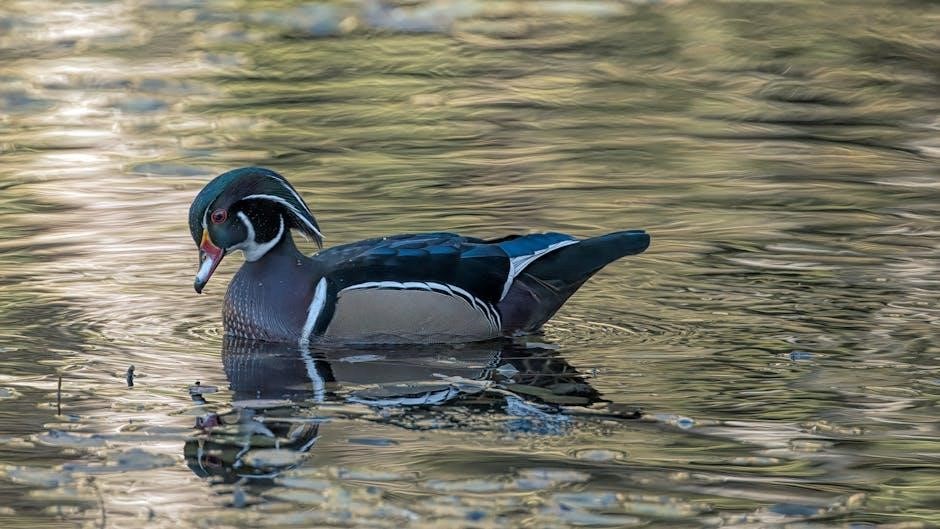
Washington State’s duck hunting seasons are carefully structured to align with migratory patterns and ensure sustainable hunting practices. Typically, the general waterfowl season runs from mid-October to late January, with specific start and end dates varying by region. The state is divided into distinct hunting zones, each with its own regulations to manage local waterfowl populations effectively. Bag limits are established to balance harvest rates with conservation goals, allowing hunters to take a limited number of ducks per day while adhering to species-specific restrictions. For example, daily bag limits often include a mix of dabbling and diving ducks, with protections for certain species like Harlequin ducks, which may be closed to hunting. Possession limits are also enforced to prevent overharvesting. Hunters are encouraged to consult the Washington Department of Fish and Wildlife’s annual hunting regulations pamphlet for the most up-to-date information on season dates, bag limits, and species-specific rules. Compliance with these regulations is essential for maintaining healthy waterfowl populations and ensuring the future of duck hunting in Washington State.
Licensing and Regulations for Duck Hunting
Obtaining proper licenses and permits is essential for legal duck hunting in Washington State. Hunters must have a valid state hunting license, federal duck stamp, and any required permits. These regulations ensure sustainable hunting practices and conservation of waterfowl populations.
4.1 Required Licenses and Permits
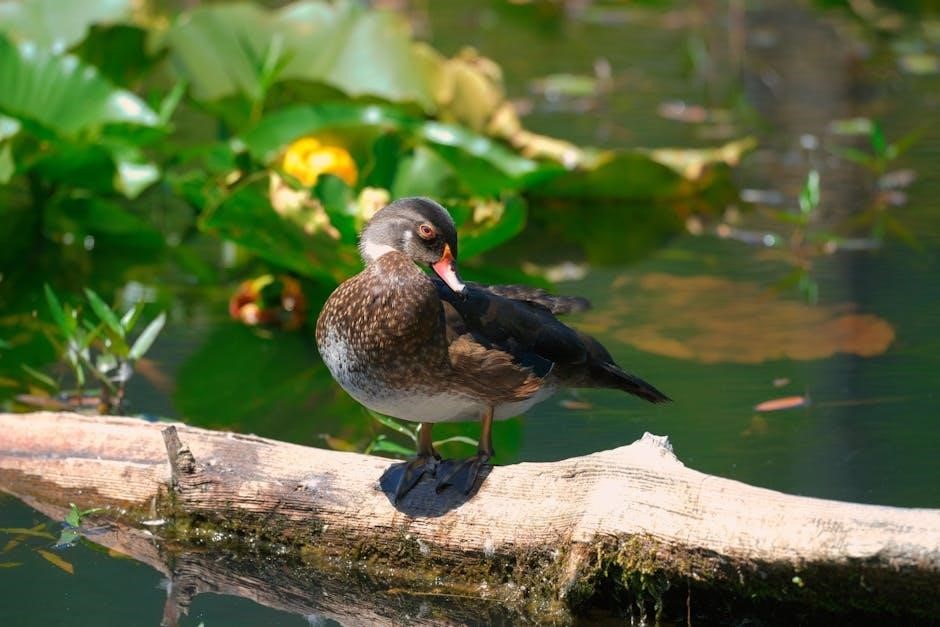
To legally participate in guided duck hunts in Washington State, hunters must obtain the proper licenses and permits. A valid Washington State hunting license is mandatory, along with a federal duck stamp, which supports waterfowl conservation. Additionally, a state waterfowl permit may be required, depending on the species being hunted. Non-residents must purchase the appropriate non-resident hunting license. Youth hunters under 16 may qualify for reduced-fee licenses, while seniors might also have specific options. Hunters must carry these documents while in the field. Guides and outfitters often assist clients in navigating the licensing process, ensuring compliance with all regulations. Licensing fees contribute to conservation efforts, helping maintain healthy waterfowl populations and habitats. Failure to obtain the correct permits can result in fines or other penalties. Always check with the Washington Department of Fish and Wildlife (WDFW) for the most up-to-date requirements before planning your hunt. Proper licensing is a crucial step in ensuring a legal and ethical hunting experience.
Choosing the Right Guide or Outfitter
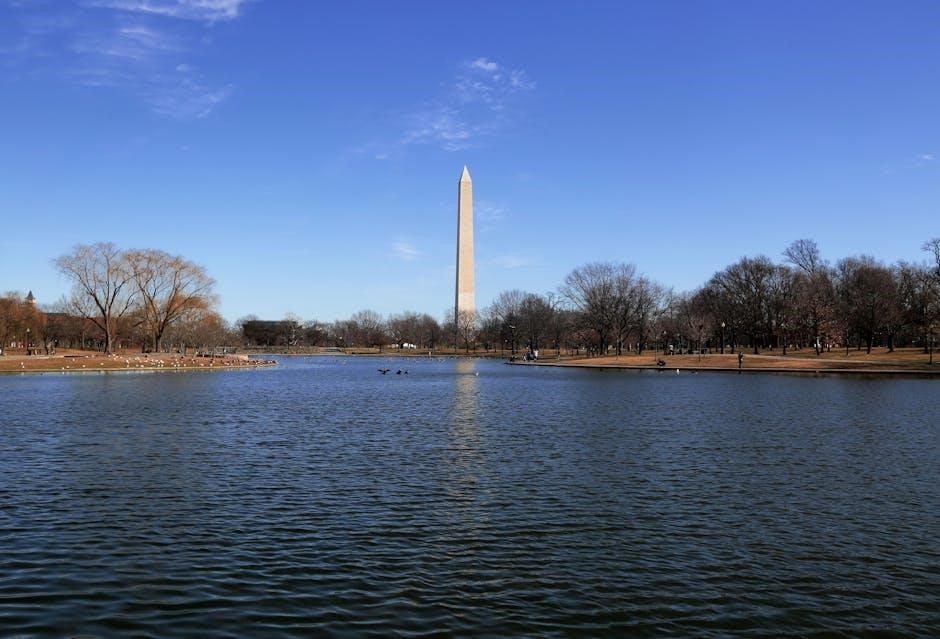
Selecting a reputable guide or outfitter is crucial for a successful duck hunt in Washington State. Look for experienced professionals with local knowledge and a strong reputation. They should emphasize safety, conservation, and ethical hunting practices to ensure a memorable and responsible experience.
5.1 Qualities to Look for in a Guide
When selecting a guide for your duck hunting trip in Washington State, prioritize experience and local knowledge. A reputable guide should have extensive familiarity with the region’s waterfowl habitats, season patterns, and regulations. Safety is paramount, so ensure they are certified in first aid and CPR, with a strong emphasis on ethical hunting practices. A good guide will also provide high-quality equipment, such as decoys, blinds, and calls, to enhance your hunting success. Communication skills are essential; a guide should be approachable, willing to share techniques, and adept at reading bird behavior. Additionally, look for guides who actively participate in conservation efforts, demonstrating a commitment to sustainable hunting practices. Checking reviews and asking for references can help verify their reputation and reliability. Ultimately, a skilled and passionate guide will not only improve your chances of a successful hunt but also ensure a memorable and educational experience in the field.
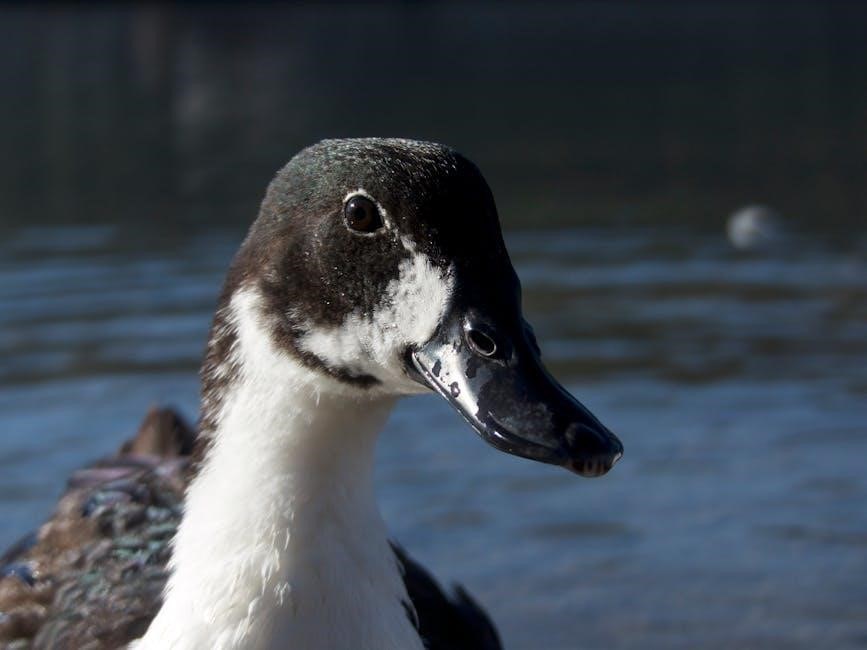
Essential Gear for a Successful Duck Hunt
- Camouflage clothing for blending into the environment.
- Waterproof gear to withstand wet conditions.
- Binoculars for spotting waterfowl at a distance.
- Hunting blind or concealment aids.
- First aid kit for emergencies.
- Waders or waterproof boots for navigating water.
- Reliable duck call for attracting birds.
6.1 Necessary Equipment for Waterfowl Hunting
For a successful waterfowl hunt in Washington State, having the right equipment is crucial. A reliable shotgun, preferably a 12-gauge, is essential for its range and power. Ammunition should be steel shot, as it is required for waterfowl hunting to reduce environmental impact.
- Camouflage clothing and gear to blend into the surroundings.
- A good pair of binoculars for spotting ducks at a distance.
- Decoys, including species-specific models, to attract waterfowl effectively.
- Duck calls to mimic the sounds of various waterfowl species.
- A sturdy hunting blind or portable shelter for concealment.
- Waders or waterproof boots for navigating wetlands and marshes.
- A first aid kit and emergency supplies for safety.
Additionally, bring a cooler for harvested birds and ensure all gear is waterproof to withstand wet conditions. Proper preparation ensures a safe and productive hunting experience.
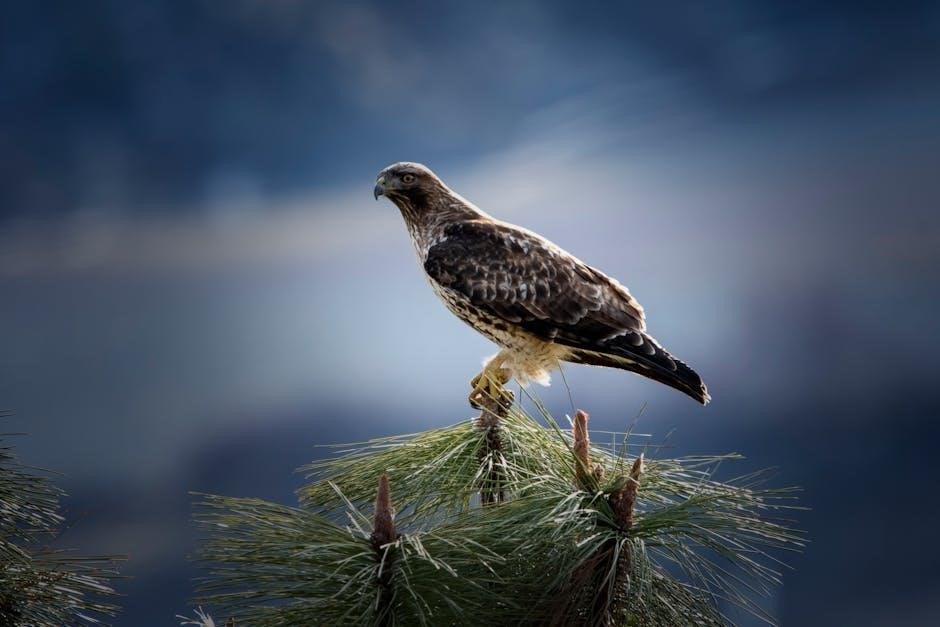
Effective Duck Hunting Techniques
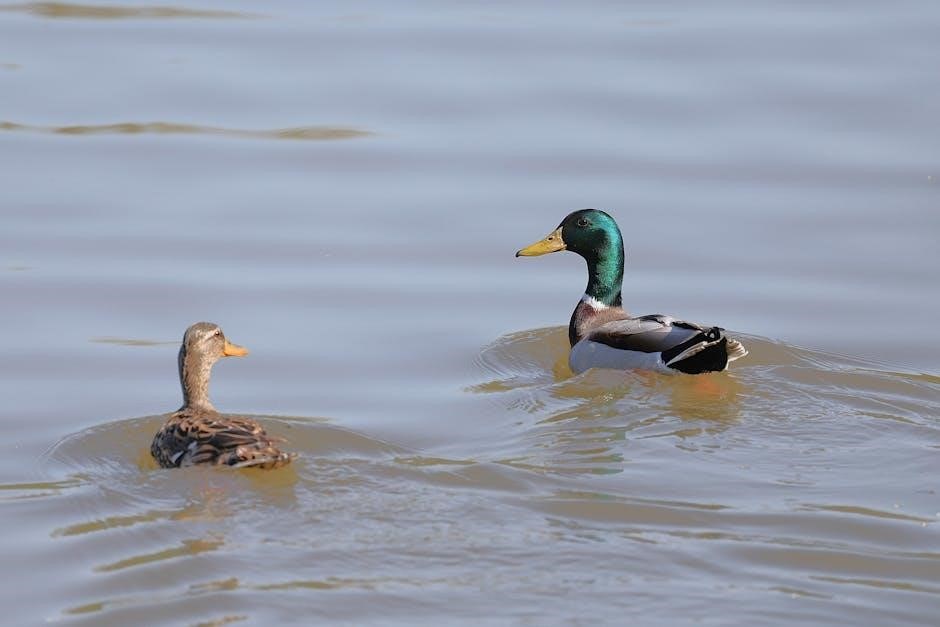
Experienced guides teach strategies like concealment, decoy placement, and realistic calling. Techniques include mimicking duck sounds, using natural movements, and precise shooting. Timing and positioning are crucial, ensuring hunters are where ducks are most active, enhancing the chance of a successful harvest.
7.1 Strategies for Attracting and Harvesting Ducks
Effective duck hunting in Washington State relies on a combination of strategic techniques. Concealment is key, with hunters using blinds or natural cover to remain hidden. Decoy placement is another critical element, with realistic spreads mimicking feeding or resting ducks to attract birds. Calling plays a significant role, as guides use expert calls to imitate duck sounds, drawing flocks closer. Understanding wind direction and water currents is also vital, as ducks often fly into the wind, making it easier for hunters to aim. Timing is everything, with early mornings and late evenings being prime hunting times due to increased duck activity. Veteran guides emphasize the importance of patience and precision shooting to ensure ethical harvesting. Additionally, using dogs to retrieve downed birds helps in maintaining a clean and efficient hunt. These strategies, when executed correctly, enhance the overall success and enjoyment of the hunting experience in Washington’s diverse waterfowl habitats.
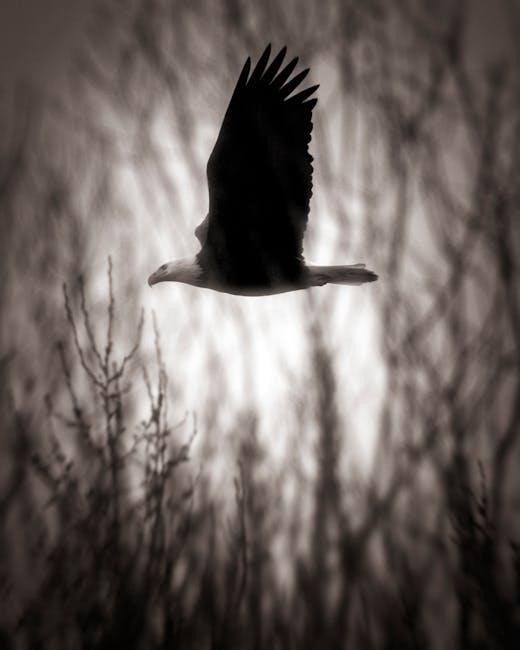
Importance of Conservation in Duck Hunting
Conservation is vital for maintaining healthy waterfowl populations and habitats. Hunters play a key role in supporting wildlife preservation through ethical practices and funding conservation efforts. Sustainable hunting ensures future generations can enjoy Washington State’s abundant duck hunting opportunities.
8.1 Role of Hunters in Wildlife Conservation
Hunters play a crucial role in wildlife conservation, particularly in Washington State. By adhering to regulations and practicing ethical hunting, they help maintain balanced ecosystems. Hunters contribute financially through licenses and permits, which fund habitat restoration and wildlife management programs. Additionally, many hunters actively participate in conservation efforts, such as wetland preservation and nesting site protection. Their involvement ensures that waterfowl populations remain healthy and sustainable for future generations. Hunters also serve as stewards of the land, monitoring wildlife health and reporting concerns to conservation agencies. Through responsible practices and a deep connection to nature, hunters are essential partners in preserving Washington’s rich wildlife heritage. This dual role of harvesting and conserving underscores the importance of sustainable hunting practices. By supporting conservation, hunters help safeguard the environment and ensure that waterfowl hunting remains a viable tradition for years to come.
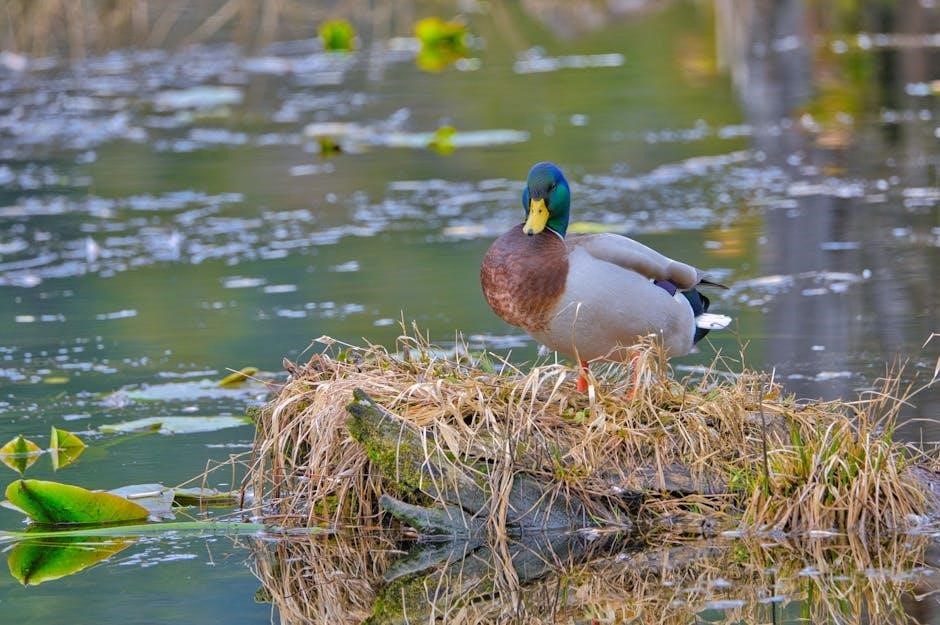
Safety Tips for Duck Hunting
Safety is vital in duck hunting. Always wear a properly fitted life jacket and ensure firearms are handled responsibly. Be aware of your surroundings, including other hunters and water conditions. Familiarize yourself with weather forecasts to avoid hazardous situations. Prioritize ethical practices to ensure a safe and enjoyable experience for all participants.
9.1 Best Practices for Safe Waterfowl Hunting
Ensuring safety during waterfowl hunting is paramount. Hunters should always wear U.S. Coast Guard-approved life jackets, especially in boats. Firearms must be handled with care, keeping them unloaded and securely stored when not in use. Awareness of surroundings is crucial; be mindful of other hunters, wildlife, and changing weather conditions.
Weather forecasts should be checked regularly to avoid navigating dangerous water conditions. Hunters must adhere to ethical practices, respecting both the environment and other outdoor enthusiasts.
Additionally, hunter education courses provide valuable insights into safe hunting practices and are often required for licensing. These courses cover essential topics such as gun safety, first aid, and wildlife conservation. By following these guidelines, hunters can contribute to a safer and more enjoyable experience for everyone involved in waterfowl hunting.
Planning Your Guided Duck Hunting Trip
Planning a guided duck hunt in Washington State involves researching reputable outfitters, ensuring proper licensing, and preparing essential gear. Coordinate with guides to select prime hunting locations and timing, maximizing your chances of a successful and enjoyable experience.
10.1 Steps to Ensure a Successful Hunt
Ensuring a successful guided duck hunt in Washington State begins with thorough preparation. Research and book a reputable guide or outfitter, ensuring they have local expertise and a strong safety record. Obtain all necessary licenses and permits well in advance, as regulations can vary. Pack essential gear, including appropriate clothing for varying weather conditions, reliable firearms, and high-quality decoys. Communicate with your guide beforehand to discuss expectations, hunting locations, and strategies. Arrive early to familiarize yourself with the terrain and conditions. Adhere to all safety protocols, including wearing hunter orange and using proper firearms handling. Respect local wildlife and habitats, following conservation guidelines to ensure sustainable hunting practices. Stay flexible, as weather and bird activity can change rapidly, and trust your guide’s expertise to adapt plans as needed. Finally, maintain a positive attitude and enjoy the experience, as mindset plays a crucial role in the success of your hunt.


